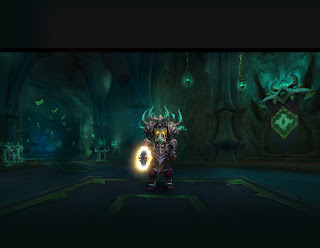End of New Content
Taking a Breather: What’s Next for This Blog Hey everyone, I hope this post finds you well. First off, let me take a moment to say how much I appreciate you. Whether you’ve been here since the very beginning or just recently stumbled across this little corner of the internet, your time, support, and engagement have meant the world to me. Seriously, thank you for being part of this journey. Now, onto the reason for this post. After a lot of thought, I’ve decided to hit the pause button on creating new blog content for the foreseeable future. I know this might come as a surprise, and I want to be upfront about why I’m making this decision and what it means moving forward. Why the Pause? First off, writing for this blog has always been a labor of love, but it’s also something that requires time, energy, and creativity. Right now, I feel like I’m running on empty in those departments, and I don’t want to create content that feels rushed or uninspired. You deserve better than tha...


Comments